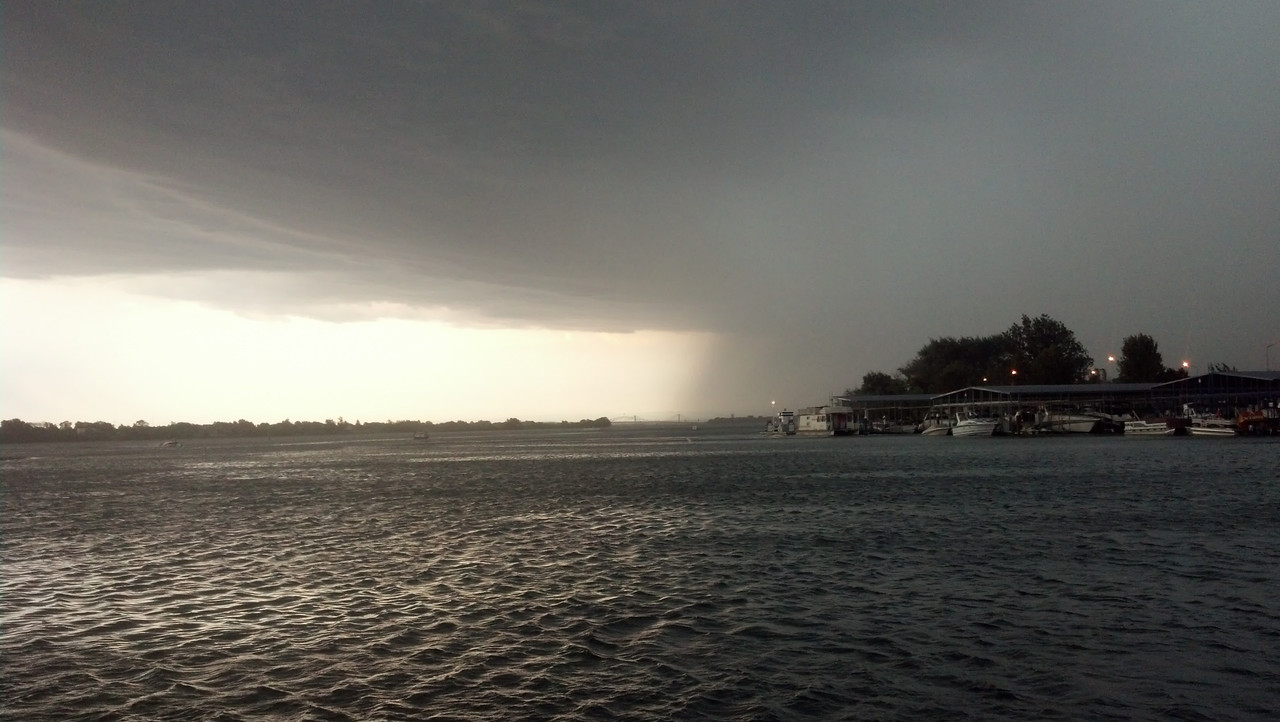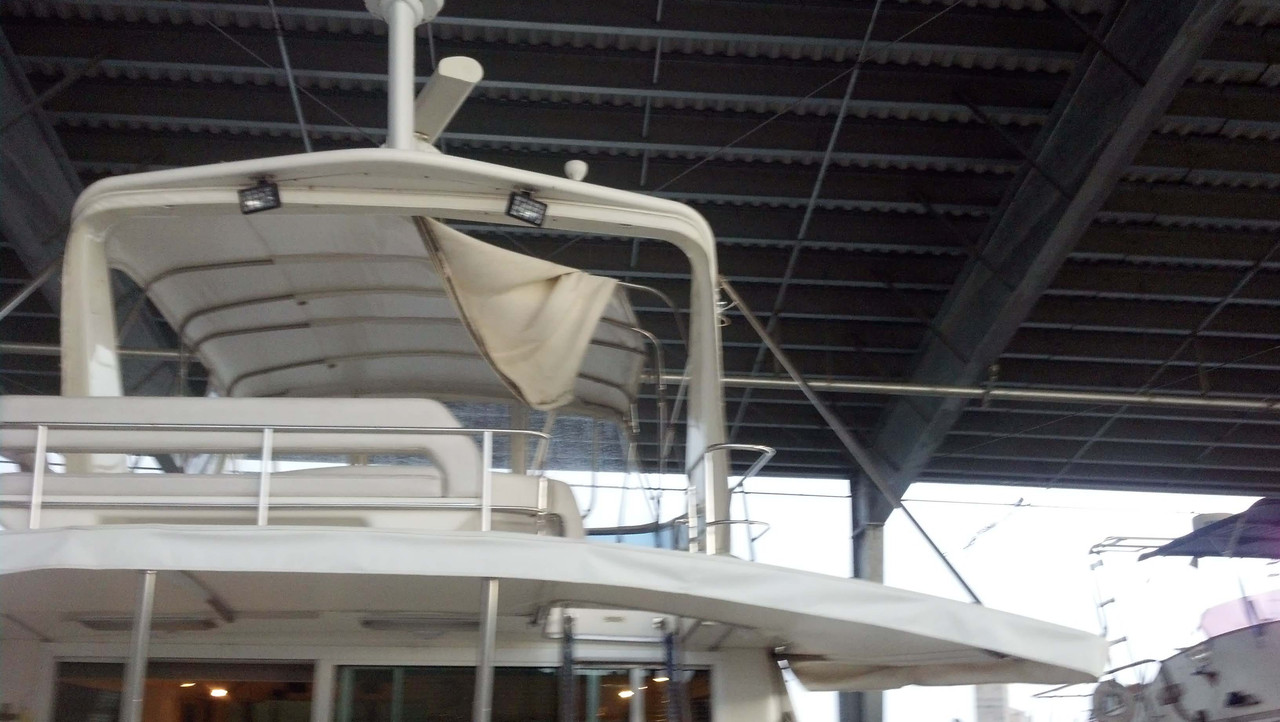A few thoughts:
1) Learning how to operate radar well enough to make it a valuable tool doesn't take much effort (maybe 30 minutes, certainly not more than an hour or two) or any theoretical understanding;
2) As others have said, run it during the day, and make a habit out of visually finding the boats (and other returns) that your radar is showing and vice versa. That will help you learn, with confidence what boats, etc., look like, as compared to noise, and that some targets cannot be seen with your radar.
3) To do chart overlays, you will need a heading sensor.
4) Most radars have a feature called ARPA (automatic radar plotting aid), which will automatically calculate valuable collision avoidance info, primarily the other vessels' closest point of approach ("CPA", ie, how close you and that vessel will be, at the closest, if you both maintain your current course and speed) and time to closest point of approach ("TCPA", ie, how long until you will be at your closest. You can also set alarms to let you know if a tracked vessel is on a course that will bring you within a maximum CPA that you set, within a time that you set. When offshore, I generally set my ARPA alarm to sound whenever there is another vessel that will be within 2 miles of me, within 20 minutes. ARPA provides data, too, for example a target vessel's course, speed and bearing. Many recreational radars have MARPA, not ARPA, the M meaning "mini" -- I believe the primary difference is the number of vessels that can be tracked simultaneously.
5) ARPA / MARPA is very useful in coastal (and offshore) areas (but useless in a harbor or other congested areas, especially where other vessels are constantly changing course), even in the day, as it does a very good job of keeping track of traffic for you. And it is fun to use. Although you can set your radar to automatically "acquire" other vessels, they can be manually set by highlighting the target and clicking on it. The radar then superimposes an icon that changes shape as the vessel is acquired -- before long, you get the final shape which means you have a "firing solution".
6) New radars are much easier to use than the older ones. In most circumstances, it isn't necessary to adjust anything -- just put it on auto. A word of caution, improperly adjusting things like interference rejection, gain, clutter control, etc., can filter out legitimate targets, and it is very hard to know when you have over filtered -- one more reason to practice during the day and find the boats you see on the radar screen. After a while, you will realize that the radar can see virtually everything long before you do.
7) A good radar will pick up even dolphins breaking the surface on a calm day. I learned that while off shore on a buddies new boat. We were stuck in thick fog, buy I could see another boat was on a collision course with us. We altered course and almost immediately the other boat did too. Several times in a row. So, we stopped the boat, with the other boat heading straight toward us, and my intention was to wait until I could see the other boat, and if I visually concluded that we were going to be hit, I was prepared to accelerate hard. After a tense minute or so, we saw a pod of dolphins looking to play. (For the purists, we were also sounding our fog horn.)



